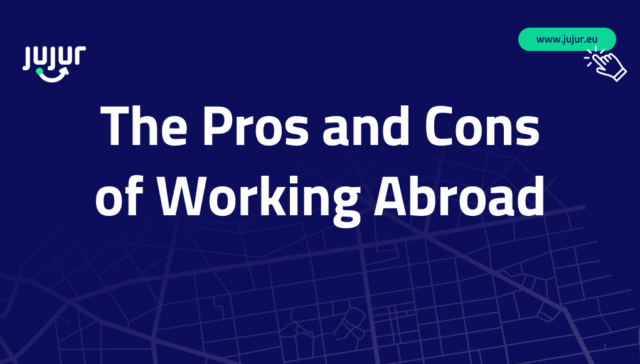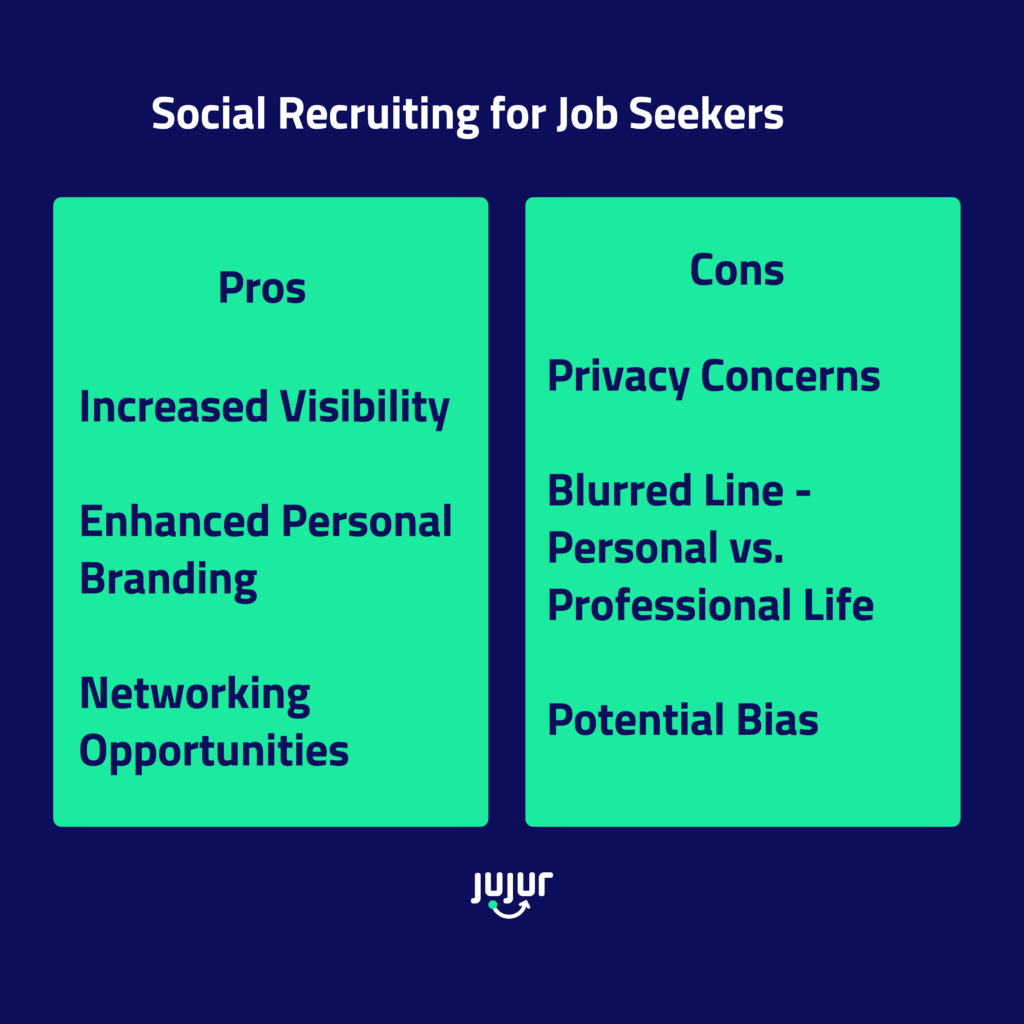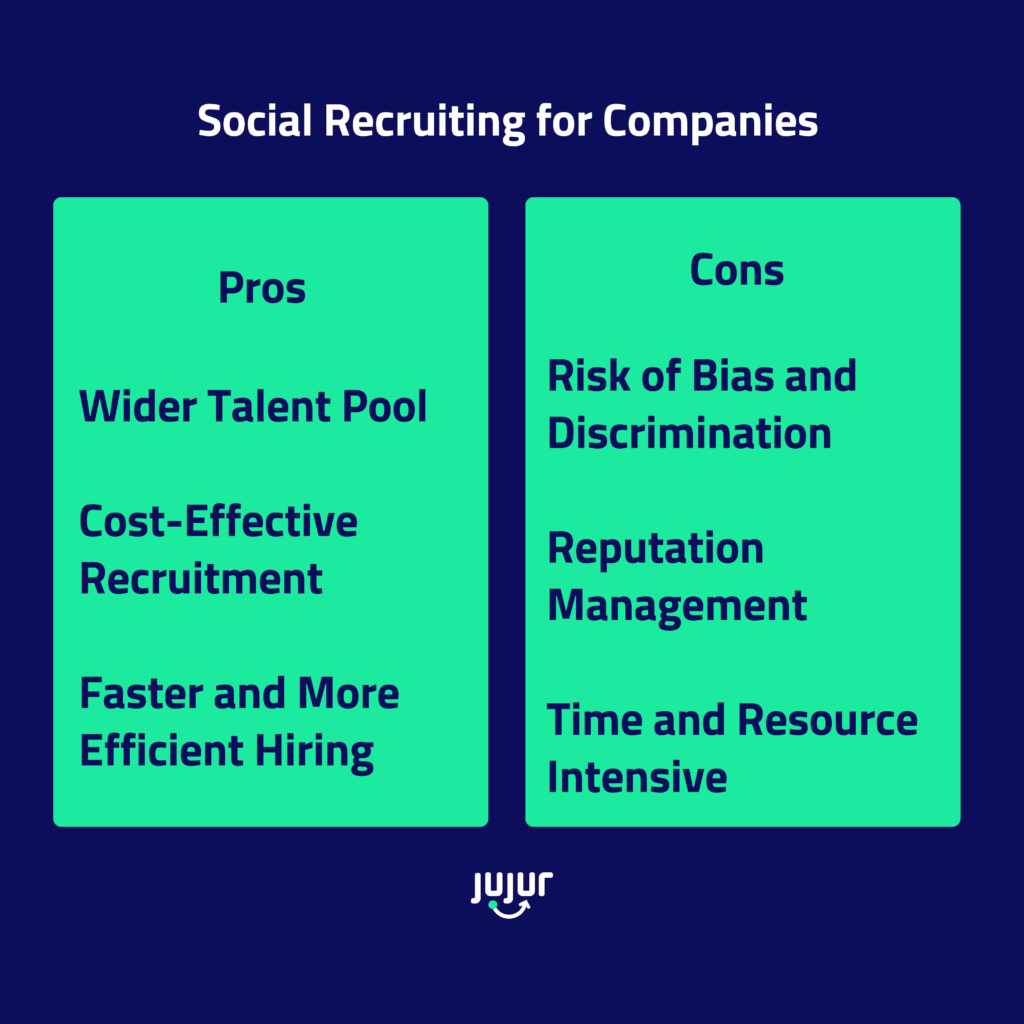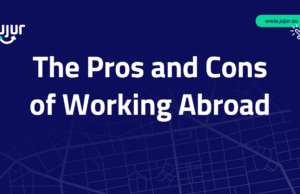Top 10 Bilingual Customer Service Skills Employers Seek
The job market has been global for some time. That’s not news. What’s an oversight from most jobseekers, though, is the fact that employers highly value bilingual customer service candidates who can connect with customers in multiple languages.
As recruiting experts, we know that language fluency is just the starting point. Employers also look for communication skills, cultural awareness and the ability to solve problems across language barriers. Bilingual roles are in high demand as businesses expand multilingual support.
To succeed, candidates should highlight not only their fluency in multiple languages but also soft skills like empathy, active listening and adaptability that help serve diverse customers. The sections below outline the top ten skills recruiters look for with tips on how to demonstrate them.
1. Multilingual Language Proficiency
First and foremost, recruiters want fluent language skills. Candidates must clearly communicate in English and at least one other language, both verbally and in writing.
Employers emphasize that “strong language skills are essential for effectively addressing customer queries”. In practice, this means you should be able to interpret questions, explain solutions, and write messages accurately in each language.
On your resume or in interviews, explicitly list each language and your proficiency level (e.g. “Spanish – fluent, French – intermediate”) to catch recruiters’ attention.
“Demonstrate fluency in both English and the target language”. Concrete evidence of proficiency, such as language certifications or successful past interactions, can also set you apart.
Further reading: Strong tips on how to make your CV stand out
2. Clear Bilingual Communication and Active Listening
Beyond just knowing two languages, candidates must master clear communication. Customer service is about dialogue, and bilingual reps need to switch languages easily while ensuring messages are understood.
Companies look for people who can explain complex information simply in both languages. This includes active listening – really hearing what customers say – and paraphrasing correctly across languages.
Effective communication is at the heart of support work. For example, mention experiences where you translated feedback or explained a product in a second language. Demonstrating how you confirmed understanding (e.g. asking clarifying questions) will show that you can listen attentively and respond empathetically in any language.
3. Cultural Awareness and Sensitivity
Bilingual customer service is both linguistic and cultural. Employers prize reps who are culturally sensitive and can adapt interactions for diverse customers.
This skill involves recognizing norms, etiquette and expectations that vary by region. For example, understanding that a polite greeting in one culture may be different in another can prevent miscommunication.
Cultural sensitivity “improves empathy, trust and communication” between reps and customers. To convey this ability, highlight any cross-cultural experience you have (such as working in multicultural teams or learning about customs) and stress respect for diversity. Phrases like “adapted service style for international clients” or mentioning cultural training courses can demonstrate your awareness.
Further reading: The top 9 European countries best suited for bilinguals
4. Active Listening and Empathy
Closely tied to communication is active listening. Recruiters want reps who give customers their full attention and show they care. In a bilingual context, this means listening for nuances or emotions that might get lost in translation. When customers speak in their preferred language, actively affirm that you understand their concern.
Resume guides emphasize highlighting strong listening skills. Empathy goes hand-in-hand: putting yourself in the customer’s shoes helps build rapport and de-escalate issues.
Empathy in customer service is the #1 skill to have.
For job seekers, cite examples like “repeated customers’ concerns in their own words” or “remained patient and calm during a frustrated customer’s complaint” to show your empathetic listening.
5. Patience, Resilience and Emotional Intelligence
Bilingual service can involve frustrated or upset customers who may not be fluent in English. Employers thus look for patience and resilience. You will reap the benefits of having the ability to stay calm under pressure.
Candidates should demonstrate how they handle stress: for instance, briefly describe a time you stayed positive while solving a difficult issue.
Emotional intelligence is also key: being aware of your own emotions (and the customer’s) helps you react appropriately. When writing your resume or interviewing, emphasize any experience in high-pressure environments and note how you maintained composure (e.g. “managed a high call volume without sacrificing courtesy”).
6. Problem-Solving and Adaptability
Customer issues don’t always fit a script, so employers need reps who can think on their feet. Problem-solving ability is consistently mentioned as a top skill. This means analyzing customer needs and finding effective solutions, sometimes on the spot. Crucially for bilingual reps, solving problems often involves bridging language gaps or understanding cultural context.
For example, if a multilingual customer struggles to explain an issue in English, a resourceful rep might rephrase questions or use translation tools. Relatedly, adaptability is valued. Top reps must adapt to changing situations and new challenges.
On your resume, highlight incidents where you resolved a customer issue creatively or adapted to a new system or process quickly.
7. Technical Savvy and Software Proficiency
Modern customer service relies on technology, so tech literacy is a must. Employers look for bilingual reps familiar with common tools such as CRM systems and comfortable with multiple channels (phone, email, chat).
Candidates should note any experience with customer support software or even general computer skills.
For instance, if you have used a ticketing system, chatting platform, or translation app at work or in class, mention it. Technical proficiency also extends to typing quickly and updating records accurately. In short, show that you can navigate digital workspaces efficiently; this boosts your value as a responsive, modern rep.
8. Multitasking and Time Management
Bilingual customer service often involves juggling several tasks at once. You might switch between chats in one language and calls in another, all while logging your work. Employers seek candidates who can manage these demands without dropping details.
To convey this, provide examples like handling multiple customer inquiries in one shift or balancing administrative tasks with live support. You can also mention meeting performance metrics (e.g. average handle time) as evidence of efficiency.
Effective organization (e.g. keeping neat notes in each language) shows recruiters you’ll handle busy workflows reliably.
9. Teamwork, Collaboration and Relationship Building
Even as a bilingual specialist, you usually work as part of a larger team. Employers look for team players who collaborate with colleagues to serve customers. This might mean consulting with coworkers for help in a language you’re less fluent in, or assisting others with translation.
In a resume or interview, emphasize any group projects or shift teamwork you’ve done. For instance, did you help train a new teammate on language tools, or share feedback about a foreign market? Showing that you build positive internal relationships (and by extension, customer relationships) – e.g. “nurtured customer loyalty by remembering returning clients’ language preferences” – will illustrate your collaborative mindset.
10. Attention to Detail and Professionalism
Finally, employers seek candidates with strong attention to detail and a professional attitude. Bilingual reps must accurately capture customer information and follow procedures without errors, since misunderstandings can easily occur across languages. While not language-specific, this skill is often tested by ATS and interviewers.
To demonstrate it, highlight examples like completing documentation thoroughly or double-checking translations. Additionally, maintaining professionalism (courtesy, punctuality, and a positive demeanor) is crucial.
Hiring managers will remember candidates who show enthusiasm and integrity. Often this includes being coachable and open-minded, ready to learn new terms or refine pronunciation. Presenting yourself as dependable and respectful (for example, by answering calls promptly and following up with customers) will reassure recruiters that you’ll represent the company well in any language.
FAQ
Q: What is a bilingual customer service representative?
A: A bilingual customer service representative is someone who provides support in two (or more) languages. They handle inquiries, solve problems, and communicate with customers in each customer’s preferred language. Recruiters expect bilingual reps to not only be fluent, but also to convey empathy and clarity across languages.
Q: Why do employers value bilingual skills in customer service?
A: Bilingual skills allow companies to serve a wider market. For example, employers note that speaking multiple languages “enhances customer satisfaction and loyalty”. Bilingual reps can relieve language barriers and provide a more personalized experience. Bilingual service is in high demand because it gives companies a competitive edge and helps build trust with diverse clients.
Q: How can I highlight my bilingual skills on my resume?
A: Clearly list the languages you speak and your proficiency (e.g., fluent, native) in the skills or summary section. Also, describe relevant experience: for instance, “Provided technical support in English and Spanish,” or “Translated customer feedback from French to English.” As experts advise, emphasize both language fluency and customer service abilities in both languages. You can also mention any certifications or tests (like TOEFL, DELF, etc.) to quantify your ability.
Q: Are there any certifications or courses that help bilingual customer service reps?
A: Yes, employers appreciate formal qualifications. For language, a certification like DELE (Spanish) or JLPT (Japanese) can prove fluency. Additionally, customer service training or certificates (e.g. from Coursera or a professional body) show your commitment to best practices. While specific bilingual certifications are rare, any coursework in intercultural communication or language-specific customer service will strengthen your profile.
Q: How should I prepare for a bilingual customer service interview?
A: Be ready to demonstrate both your language skills and your service skills. Practice answering common customer service questions in both languages. For example, explain how you would handle a complaint, first in English then in your second language. Highlight examples of past successes in helping customers across languages (citing metrics if possible). Show enthusiasm and a customer-first attitude: for instance, you might say “I enjoy turning frustrated customers into happy ones by listening carefully and speaking their language.” Finally, research the company’s markets; knowing what languages their customers speak can help you tailor your responses.
Looking for a job as a bilingual customer service representative? We’ve got you covered! Browse the open vacancies on our website and let’s get you hired!
















